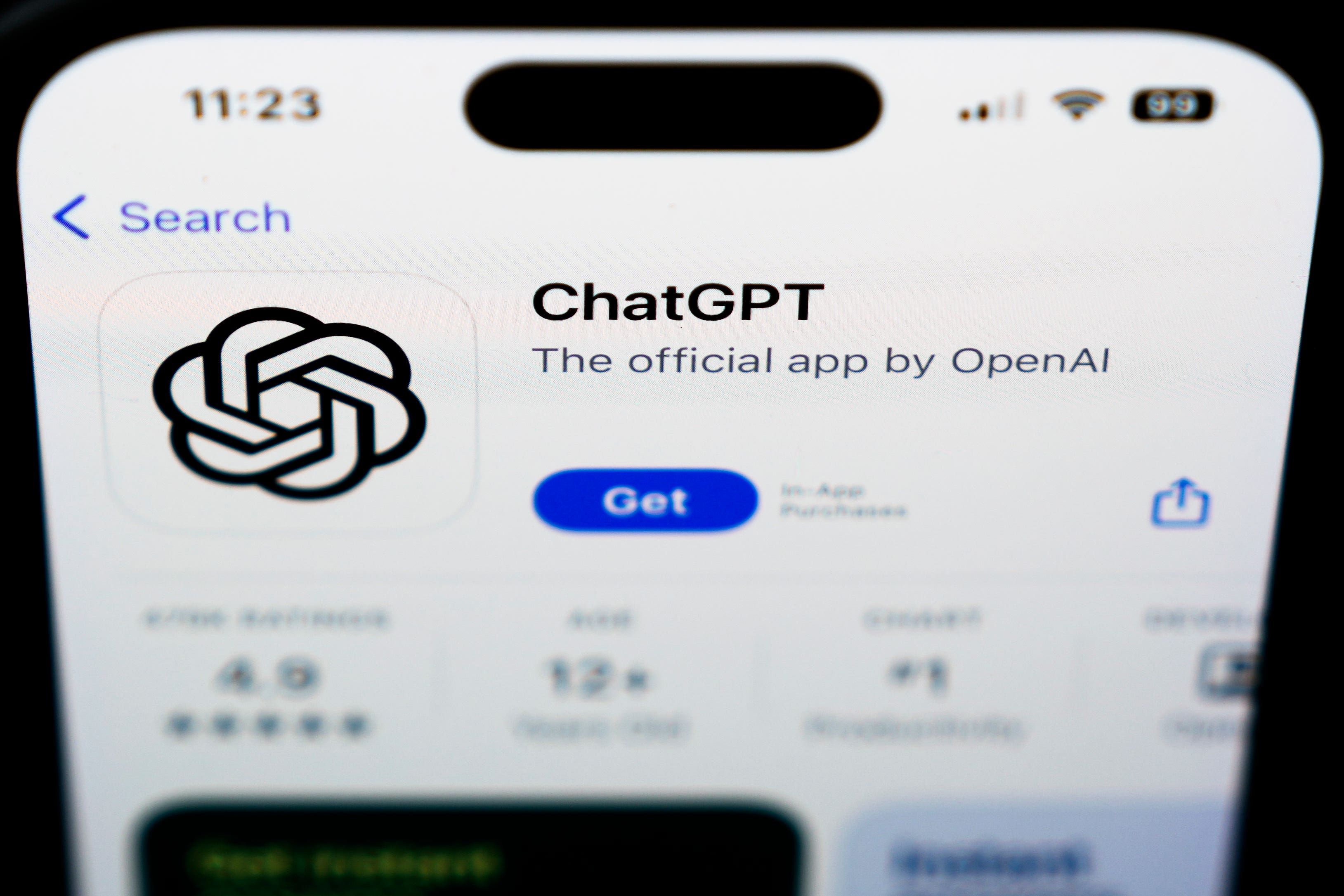OpenAI launches video generation tool Sora
The AI firm’s latest tool can create short videos based on text inputs from users.

OpenAI has launched Sora, a new artificial intelligence tool that can turn text descriptions into short videos, to the public for the first time.
The much anticipated tool was first announced earlier this year, but has remained in development and not accessible by the public until now.
While Sora is able to create “realistic videos” from short text inputs, OpenAI said the version of the app it was releasing currently has “many limitations” and often generates “unrealistic physics” and “struggles with complex actions over long durations”.
The recent AI boom has coincided with a rise in the spread of AI-manipulated or AI-generated false content and deepfakes, which many critics and commentators have warned are increasingly being used to fuel online disinformation in order to sow division, but also as part of online harassment and sextortion campaigns.
In response, OpenAI has taken steps to publicly lay out not just how limited Sora is, but also confirmed all videos created by the tool will be marked in their metadata as being AI-generated, and have added “visible watermarks” to Sora videos to Sora by default.
We’re introducing our video generation technology now to give society time to explore its possibilities and co-develop norms and safeguards that ensure it’s used responsibly as the field advances
And in order to combat concerns about deepfakes, the company said “uploads of people will be limited at launch”, but that these barriers would slowly be removed “as we refine our deepfake mitigations”.
“Today, we’re blocking particularly damaging forms of abuse, such as child sexual abuse materials and sexual deepfakes,” the company said.
Access to the new tool will also be limited – the US firm said it was initially making it available to those on its paid-for Pro and Plus subscriptions and it would not be available to those under 18.
The company also confirmed that while the tool is being made widely available, it is currently not launching in the UK, Switzerland and the European Economic Area because of content laws, but said it was working with governments and regulators in those regions to enable launch in those countries.
“We’re introducing our video generation technology now to give society time to explore its possibilities and co-develop norms and safeguards that ensure it’s used responsibly as the field advances,” OpenAI said in a blog post.
The firm added: “Users can generate videos up to 1080p resolution, up to 20 sec long, and in widescreen, vertical or square aspect ratios.
“You can bring your own assets to extend, remix, and blend, or generate entirely new content from text.
“We’ve developed new interfaces to make it easier to prompt Sora with text, images and videos. Our storyboard tool lets users precisely specify inputs for each frame.”
Bookmark popover
Removed from bookmarks